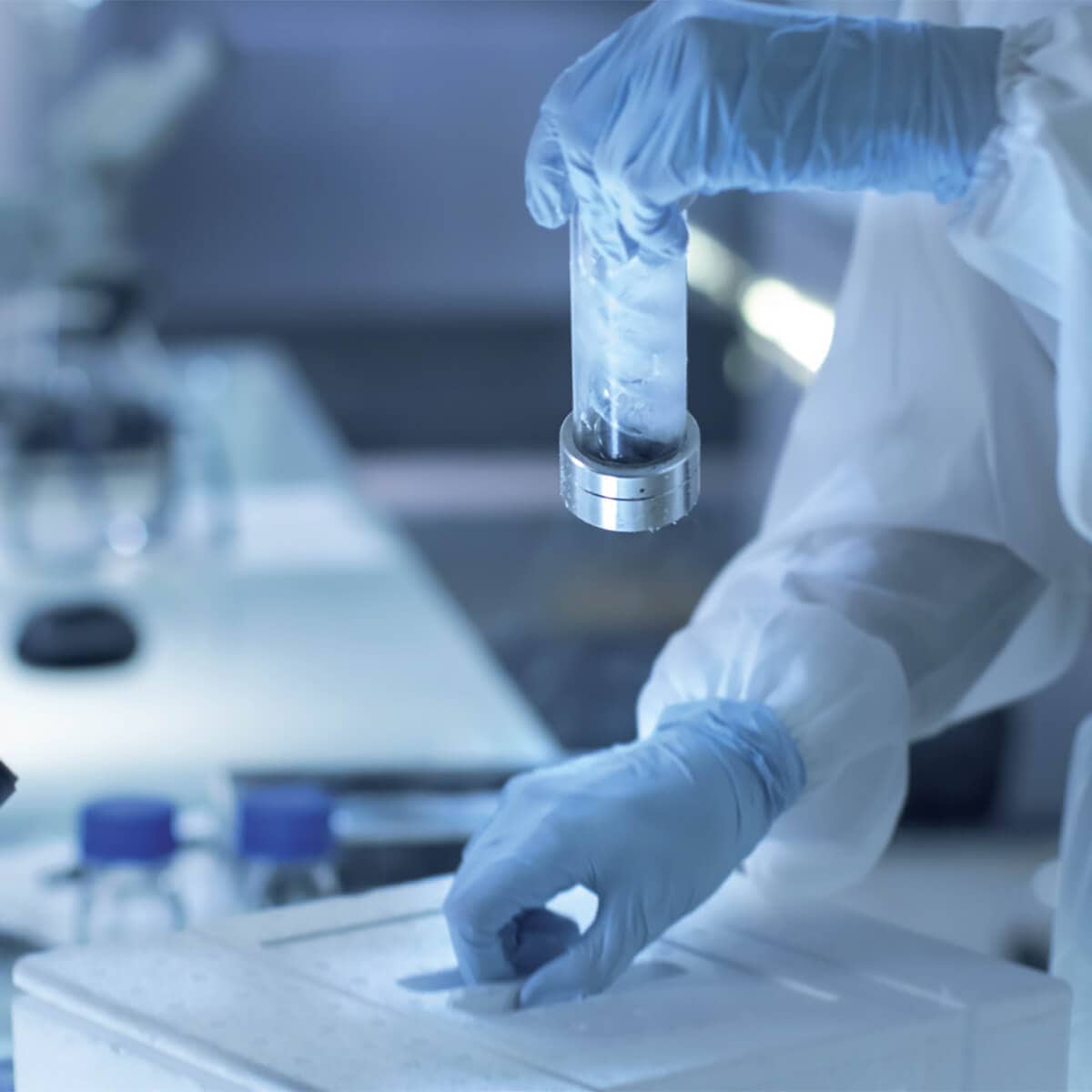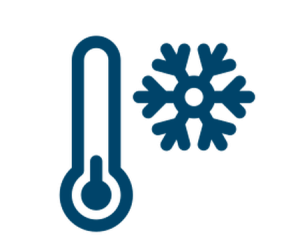
Approximately 4 minutes reading time.
In the field of medical logistics, there is a fundamental concept that can mean the difference between life and death: the cold chain. This controlled storage and transport system is the silent guardian that protects the integrity of medicines, vaccines, and biological products from the moment they are manufactured until they reach the end patient.
What is the Cold Chain?
The cold chain is an uninterrupted sequence of storage and distribution processes that keeps temperature-sensitive pharmaceutical products within specific temperature ranges. For most vaccines and biological medicines, this critical range is between 43°F and 46°F, although some specialized products, such as certain messenger RNA vaccines, require ultra-cold temperatures of up to -140°F.
The Cost of Disruption: Devastating Consequences
When the cold chain is broken, the consequences go far beyond simple economic loss. The loss of efficacy in these medical products can have critical impacts:
Irreversible Loss of Potency: Vaccines and biological medicines that experience temperature variations lose their therapeutic capacity in a cumulative and irreversible manner. This degradation is not always visible, making products appear normal while they have completely lost their effectiveness.
Public Health Risk: An ineffective vaccine not only fails to protect the individual, but can create a false sense of security that compromises mass immunization programs. During the COVID-19 pandemic, this took on special relevance with the need to maintain ultra-cold chains for certain vaccines.
Massive Economic Losses: Pharmaceutical products represent millions of dollars in investments. Their loss due to cold chain failures generates direct replacement costs and indirect costs due to delays in treatments and health programs.
The Critical Links in the Chain
The medical cold chain comprises multiple stages, each with its own challenges:
1. Storage at Source
Pharmaceutical laboratories must maintain controlled conditions from the moment of production, using specialized cold rooms with backup power systems.
2. Specialized Transportation
The movement of products requires certified refrigerated vehicles equipped with continuous monitoring systems that record any temperature deviations during transit.
3. Distribution Centers
Intermediate warehouses must have robust refrigerated infrastructure, trained personnel, and strict handling protocols that minimize exposure time to ambient temperature.
4. Final Point of Application
Hospitals, clinics, and health centers represent the last link in the chain, where staff training and proper maintenance of refrigeration equipment are essential.

Technology at the Service of Health
- Technological evolution has revolutionized cold chain control:
- Real-Time Monitoring: IoT (Internet of Things) sensors allow continuous monitoring of temperature and humidity, sending immediate alerts in case of any deviation.
- Data Loggers: Devices that document the complete history of environmental conditions, providing objective evidence of chain maintenance.
- Smart Packaging: Containers with thermal indicators that visually show whether the product has been exposed to inappropriate temperatures.
VML: Leading Excellence in Cold Chain
At Vanguard Medical Logistics (VML), we understand that every degree of temperature can mean the difference between successful treatment and therapeutic failure. Our mission transcends simple transportation; we are guardians of public health.
Our Technological Commitment
Our facilities feature:
- Redundant refrigeration systems that guarantee operational continuity even in the event of equipment failure.
- 24/7 monitoring with automatic alerts and immediate response to any anomaly.
- Certified transport units that meet the most demanding international standards.
- Personnel specialized in handling temperature-sensitive products, continuously trained in best practices
Certifications and Standards
We operate under rigorous protocols that include:
- Compliance with international GDP (Good Distribution Practice) regulations
- ISO certifications for quality management
- Periodic validation of all our refrigeration equipment
- Exhaustive documentation that guarantees complete traceability
The Future of the Cold Chain
The pharmaceutical industry continues to innovate with gene therapies, complex biological drugs, and new-generation vaccines that demand even stricter storage conditions. This evolution requires medical logistics providers to not only maintain current standards but also anticipate future needs.
The integration of artificial intelligence for failure prediction, the development of more efficient packaging materials, and the expansion of ultra-cold networks are trends that will define the future of the sector.
A Commitment to Life
The cold chain in medical logistics is not simply a technical process; it is an ethical commitment to the health of millions of people. Every decision, every protocol, and every investment in technology translates directly into protected lives and effective treatments.
At VML, we understand this responsibility and take it as seriously as it deserves. Because when it comes to health, there is no room for error. Excellence in the cold chain is not just our operating standard; it is our contribution to a healthier world.
The next time you receive a vaccine or biological medicine, remember that behind its effectiveness is a whole chain of professionals and technologies working silently to ensure that it reaches you in perfect condition. At VML, we are proud to be part of that vital chain.

